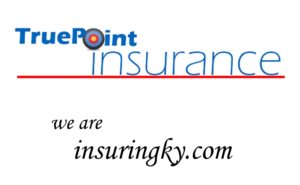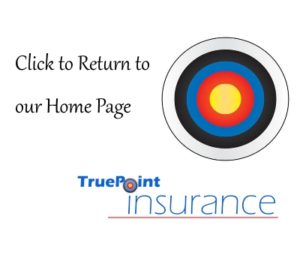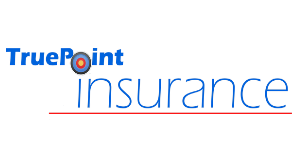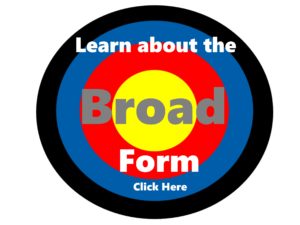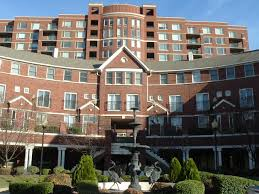 America has been called the land of opportunity. It has allowed an unthinkable number of individuals the chance to amass fame and fortune. For many, the first step towards success was the purchase of a home.
America has been called the land of opportunity. It has allowed an unthinkable number of individuals the chance to amass fame and fortune. For many, the first step towards success was the purchase of a home.
Condos outpacing single family homes
 period ending in 2017, Trulia reported that Condo sales had risen by 38%. During the same time period, single-family residential homes rose 28%.
period ending in 2017, Trulia reported that Condo sales had risen by 38%. During the same time period, single-family residential homes rose 28%. 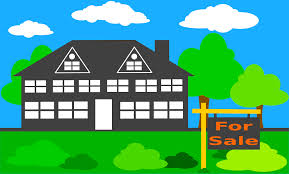 You will need to have condo insurance when you have any loans outstanding on your home. Since it can be an expensive investment, you likely will have to take out a mortgage to finance it. Do you know how often a home lender will tell you, “don’t worry about getting that insurance? I know ya and I know your good for it!”
You will need to have condo insurance when you have any loans outstanding on your home. Since it can be an expensive investment, you likely will have to take out a mortgage to finance it. Do you know how often a home lender will tell you, “don’t worry about getting that insurance? I know ya and I know your good for it!”Condo Association Requirements

f the maintenance requirements and responsibilities that come with a single-family home, another option would be to purchase a Fisherville, KY area condo. When you own a condo, you undoubtedly will need to have a reliable condo insurance policy on your home. There are several situations in which you will be required to carry condo insurance.
Loan Outstanding
The first situation in which you will need to have condo insurance is when you have any loans outstanding on your home. Since it can be an expensive investment, you likely will have to take out a mortgage to finance it. Whenever you have a mortgage outstanding, the lender will likely require that you grow your monthly insurance payments. This will help to ensure that their collateral is properly protected.
Condo Association Requirements
If you do not have a loan outstanding on your condo, you still might be required to have a condo insurance policy in place at all times. Most people that live in a condo also live in a condo association. These associations are typically governed by a variety of different rules and regulations. One of the most common regulations is a regulation that will require that you have insurance on your condo. This insurance will not only have to protect the actual property but will also have to provide liability coverage.
If you are looking for a condo insurance policy in the Fisherville, KY area, you should contact TruePoint Insurance. The TruePoint Insurance company will help you to identify your condo insurance needs and get you into a great policy.  You can take control and help move the process down the road by doing your own condo insurance quote online.

 Contact
Contact
 Email an Agent
Email an Agent

 Click to Call
Click to Call Get Directions
Get Directions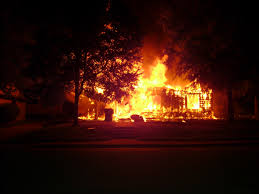
 This covers your possessions, whether they are at your home or away with you on vacation. Personal property is often covered on a named peril basis. This means that only the causes of loss listed in the policy section are covered. The coverage is also subject to limitations and exclusions. Types of property having significant value, such as jewelry, fine arts, collectibles, etc., may require special protection. Talk to your agent about scheduling (adding) coverage on a floater which broadens and extends coverage for high-valued possessions.
This covers your possessions, whether they are at your home or away with you on vacation. Personal property is often covered on a named peril basis. This means that only the causes of loss listed in the policy section are covered. The coverage is also subject to limitations and exclusions. Types of property having significant value, such as jewelry, fine arts, collectibles, etc., may require special protection. Talk to your agent about scheduling (adding) coverage on a floater which broadens and extends coverage for high-valued possessions.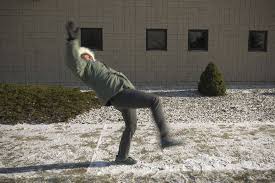 physical injury. Protection includes paying for your defense costs and any financial judgment for covered incidents. Naturally, the coverage would not apply for excluded situations, such as intentional injuries. Example: Joe is sued by a guy he injured after tackling and repeatedly punching him during a pickup basketball game. The injuries from this incident are not accidental and would not be covered.
physical injury. Protection includes paying for your defense costs and any financial judgment for covered incidents. Naturally, the coverage would not apply for excluded situations, such as intentional injuries. Example: Joe is sued by a guy he injured after tackling and repeatedly punching him during a pickup basketball game. The injuries from this incident are not accidental and would not be covered.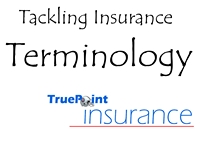

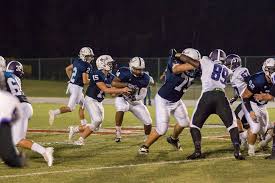 Autumn is noted for the color and delight found in the changing of the seasons! But change also arrives in the form of the colorful masses that gather and celebrate…..around football stadiums. It happens around high school games on Friday nights and on crisp cool Saturdays around colleges and universities. It happens on Sunday afternoons, Sunday Nights, Monday Nights and all the other times that they squeeze in days and times for professional football. From amateur to professional contests, upwards of 50 million people annually enjoy tailgating.
Autumn is noted for the color and delight found in the changing of the seasons! But change also arrives in the form of the colorful masses that gather and celebrate…..around football stadiums. It happens around high school games on Friday nights and on crisp cool Saturdays around colleges and universities. It happens on Sunday afternoons, Sunday Nights, Monday Nights and all the other times that they squeeze in days and times for professional football. From amateur to professional contests, upwards of 50 million people annually enjoy tailgating.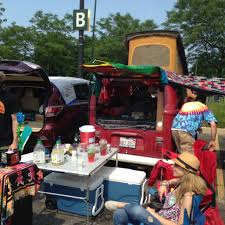 lowering vehicle tailgates and enjoying food, drinks and recreational activities! Tailgating began simply enough with socializing among folks who came to game locations early enough to secure scarce parking. The socialization was enhanced by food and drinks, then the events became more elaborate involving bring your own pitch-ins, barbecues, concerts, recreational sports, etc.
lowering vehicle tailgates and enjoying food, drinks and recreational activities! Tailgating began simply enough with socializing among folks who came to game locations early enough to secure scarce parking. The socialization was enhanced by food and drinks, then the events became more elaborate involving bring your own pitch-ins, barbecues, concerts, recreational sports, etc.